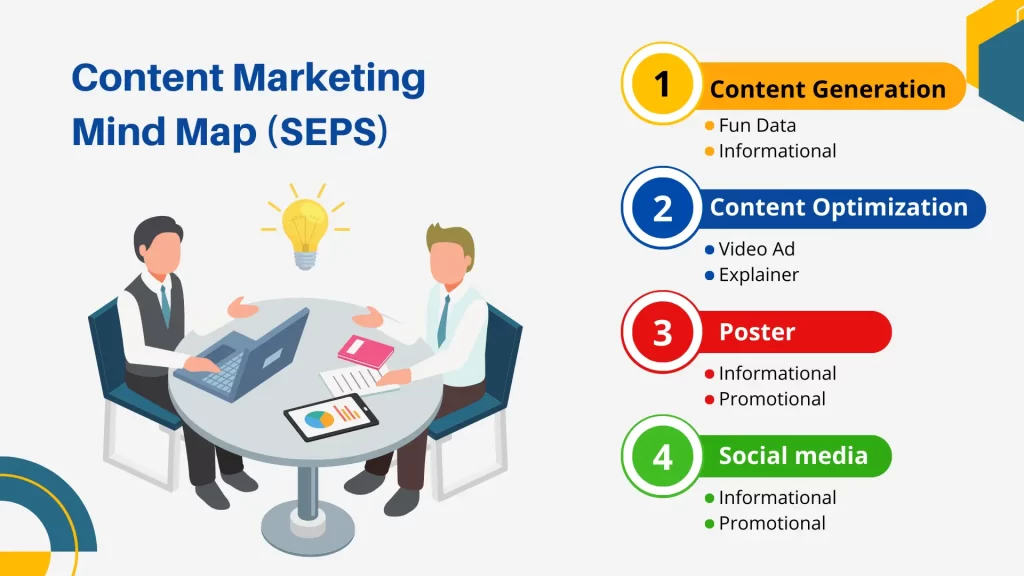Artificial Intelligence Content Writing
Artificial Intelligence Content Writing is revolutionizing the way businesses create and manage their online presence. By leveraging advanced algorithms and machine learning, AI content writing tools can generate high-quality, SEO-friendly articles, blogs, and social media posts in a fraction of the time it would take a human writer. This not only increases efficiency but also ensures that the content is optimized for search engines, helping businesses to improve their search rankings and attract more organic traffic. With AI, you can produce consistent, relevant, and engaging content that resonates with your target audience and drives conversions.
Moreover, Artificial Intelligence Content Writing offers the flexibility to tailor content to specific keywords and topics, ensuring that your content strategy aligns with your marketing goals. These tools can analyze vast amounts of data to identify trending topics, relevant keywords, and content gaps, allowing you to stay ahead of the competition. Additionally, AI content writers can adapt their tone and style to match your brand voice, creating a seamless and cohesive user experience across all your digital platforms. Embracing AI in your content creation process not only enhances productivity but also delivers measurable results, making it a smart investment for any forward-thinking business.
Introduction to Artificial Intelligence Content Writing
Artificial Intelligence (AI) is revolutionizing content creation by offering advanced tools and techniques to streamline the writing process. In this article, we’ll explore the concept of AI content writing, its significance in today’s digital landscape, and how businesses can harness its power to produce high-quality content efficiently.
Importance of Artificial Intelligence in Content Creation
AI-powered content writing offers numerous benefits, including improved efficiency, scalability, and consistency in content production. By leveraging AI technologies, businesses can generate engaging and relevant content that resonates with their target audience while saving time and resources.

Key Strategies for AI-Powered Content Writing
This section will delve into effective strategies for leveraging AI in content creation, including natural language processing (NLP), content personalization, automated content curation, and predictive analytics. We’ll explore how these strategies can enhance content quality and drive better results for businesses.
Tools and Platforms for Artificial Intelligence Content Generation
Here, we’ll discuss popular AI-powered content writing tools and platforms, such as OpenAI’s GPT-3, IBM Watson, and Wordsmith. We’ll highlight their features, functionalities, and use cases, helping readers choose the right tools for their content writing needs.
Leveraging AI for Content Optimization
AI can also assist in content optimization by analyzing data, identifying trends, and making data-driven recommendations for improving content performance. This section will explore how AI technologies can enhance SEO, readability, and engagement metrics for better content outcomes.
Overcoming Challenges in AI Content Writing
While AI offers significant advantages in content creation, there are also challenges to overcome, such as quality control, content originality, and ethical considerations. We’ll discuss strategies for addressing these challenges and maximizing the benefits of AI content writing.
